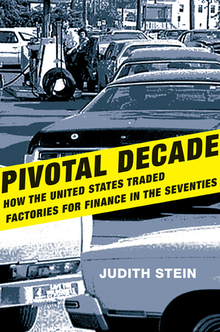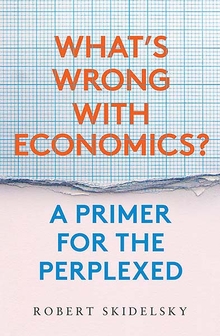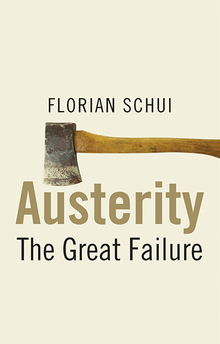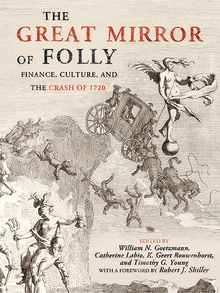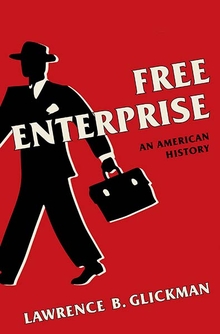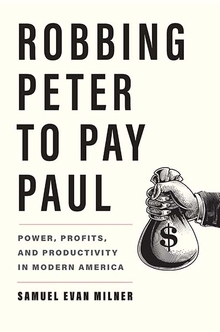Pivotal Decade
WARNING
You are viewing an older version of the Yalebooks website. Please visit out new website with more updated information and a better user experience: https://www.yalebooks.com
How the United States Traded Factories for Finance in the Seventies
Judith Stein
In this fascinating new history, Judith Stein argues that in order to understand our current economic crisis we need to look back to the 1970s and the end of the age of the factory—the era of postwar liberalism, created by the New Deal, whose practices, high wages, and regulated capital produced both robust economic growth and greater income equality. When high oil prices and economic competition from Japan and Germany battered the American economy, new policies—both international and domestic—became necessary. But war was waged against inflation, rather than against unemployment, and the government promoted a balanced budget instead of growth. This, says Stein, marked the beginning of the age of finance and subsequent deregulation, free trade, low taxation, and weak unions that has fostered inequality and now the worst recession in sixty years.
Drawing on extensive archival research and covering the economic, intellectual, political, and labor history of the decade, Stein provides a wealth of information on the 1970s. She also shows that to restore prosperity today, America needs a new model: more factories and fewer financial houses.
"Stein offers a welcome corrective to many recent works on the history of the Right."—Dissent Magazine
"An extraordinary achievement."—The Journal of American History
Winner of the 2010 "Best Book Prize" given by Labor History
Publication Date: September 13, 2011
10 b/w illus.

